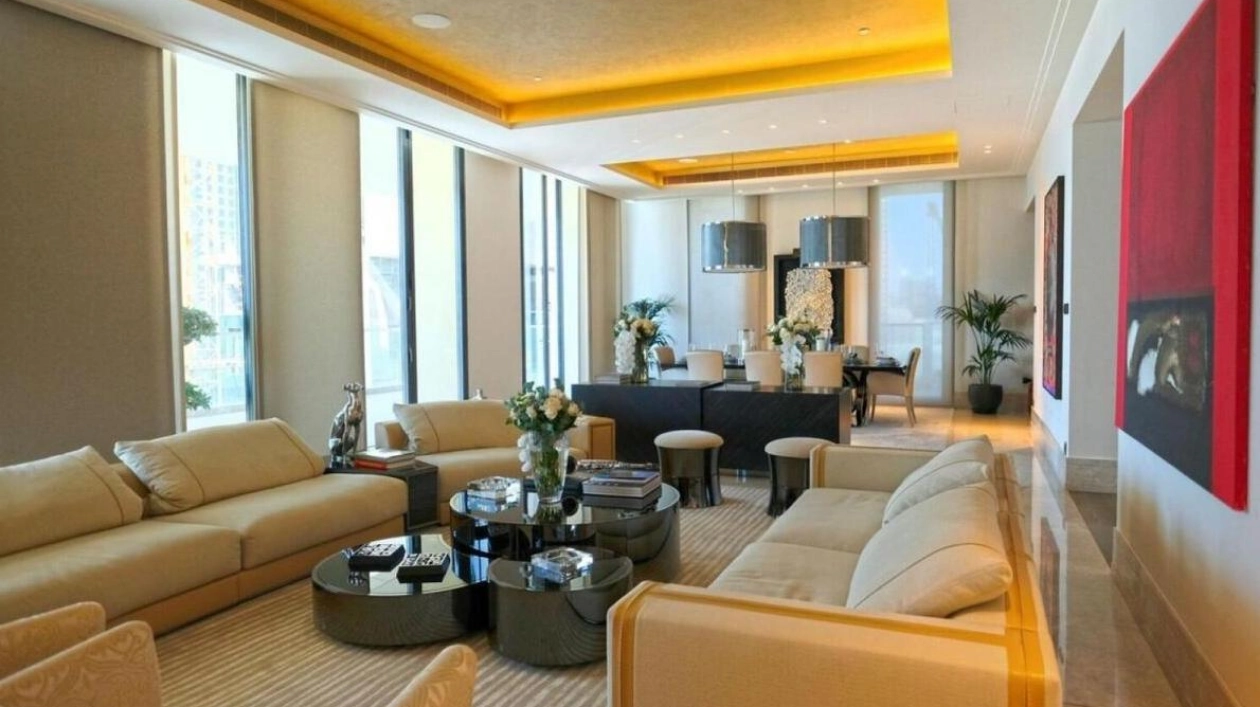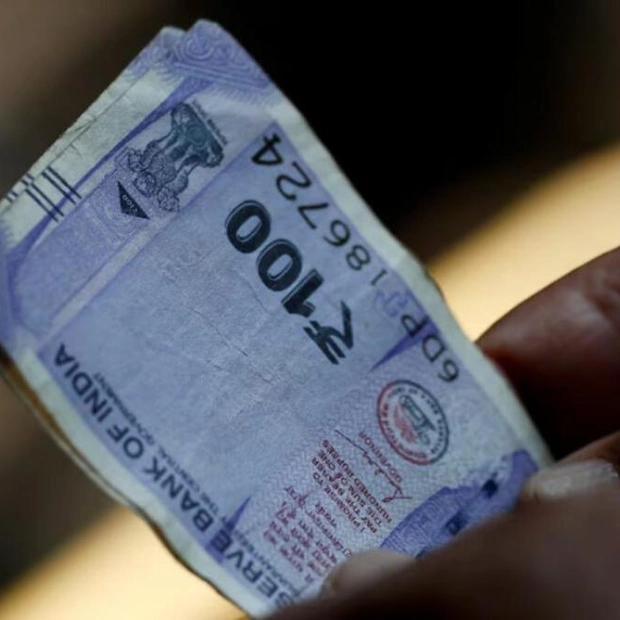Imagine residing in an apartment with breathtaking views of the Burj Khalifa and the Dubai Mall fountain, all for a fraction of the cost of a Downtown hotel. You could choose to stay in one of the towering buildings or relax on the beaches of Palm Jumeirah—all without the typical hotel rush hours, thanks to your ideal Airbnb getaway.
So, is Airbnb legal in Dubai? Absolutely. Short-term holiday homes like Airbnb are permitted in the emirate. If you aspire to become an Airbnb host in Dubai and welcome guests to your Marina or JBR apartment, simply adhere to the regulations set by the emirate.
To begin, you need to register your property with the Dubai Department of Economy and Tourism (DTCM) to operate holiday homes and obtain a permit. Applying for a government license will enhance Airbnb guests' sense of safety and security. This process is facilitated through the Holiday Homes system, where the DTCM platform offers services such as guest check-ins and checkouts. The authority must register and approve apartments and villas before they can be listed for short-term rentals.
To apply for a license, visit the DTCM website or office. Log in to the holiday homes portal and enter your username and password. Click on 'add unit' and complete the required information, including unit type, number of bedrooms, area, developer, and other necessary details. Submit supporting documents such as a title deed copy, signed passport copy or Emirates ID of the landlord, trade licence copy if the landlord is a company, Emirates ID or passport copy of the authorised signatory, property management letter, and a recent Dubai Electricity & Water Authority (Dewa) bill. When completing the online application, enter the Dewa account number, not the premises number. Review your application before submitting it for approval. Processing time is typically within one business day.
Once approved via email, your unit will be added to your dashboard and available for self-classification. After submitting your self-classification, pay the required permit and classification certificate fees. The unit status will then be updated to approved. Fixed charges for registration are Dh1,500 + Dh10 knowledge fee + Dh10 innovation fee, totaling Dh1,520. A holiday home permit is issued for a minimum of three months and a maximum of 12 months, with permit fees remaining the same regardless of the validity period.
According to DET regulations, holiday home units must be rented in their entirety and cannot be shared with the owner or other guests. If you are a tenant, check your lease agreement before listing the property on Airbnb, as many landlords in Dubai prohibit subletting or short-term rentals. A no objection certificate (NOC) from the landlord is essential, granting permission to lease the property to short-term guests during your absence. Required documents include a lease agreement with a subleasing clause, NOC from the landlord, title deed, owner's passport copy or Emirates ID, and a recent Dewa bill.
Hosts must comply with strict health and safety standards, including providing fully operational smoke detectors and fire extinguishers and meeting electrical and structural safety requirements. Additionally, ensure the property is fully furnished and equipped with essential utilities, including connections to Dewa and the internet. When renting, explain the building rules to guests and inform them to avoid disruptive behavior and illegal activities.
Once you obtain the permit and prepare your property, create an Airbnb account. After logging in, click 'list your space' and complete all necessary details, including house rules, building rules, pricing, and amenities provided. Update the calendar with available dates and publish your listing on Airbnb. Homeowners pay the tourism fee (tourism dirham), charged per room, per night, regardless of the number of guests, based on category classifications: Deluxe Holiday Home: Dh15/room/night, Standard Holiday Home: Dh10/room/night.
Source link: https://www.khaleejtimes.com






